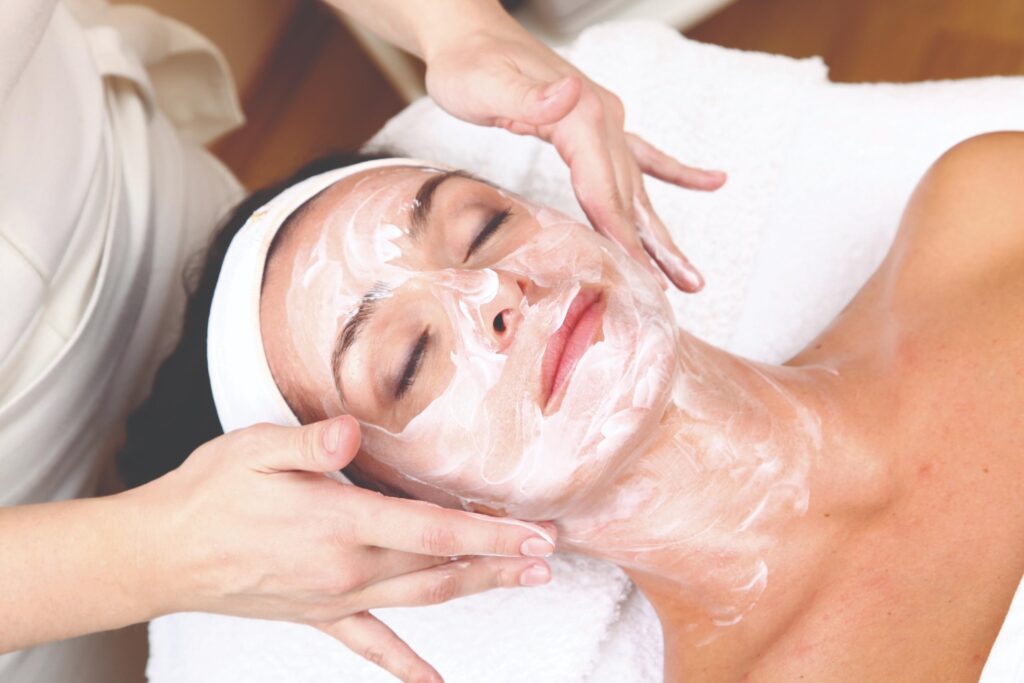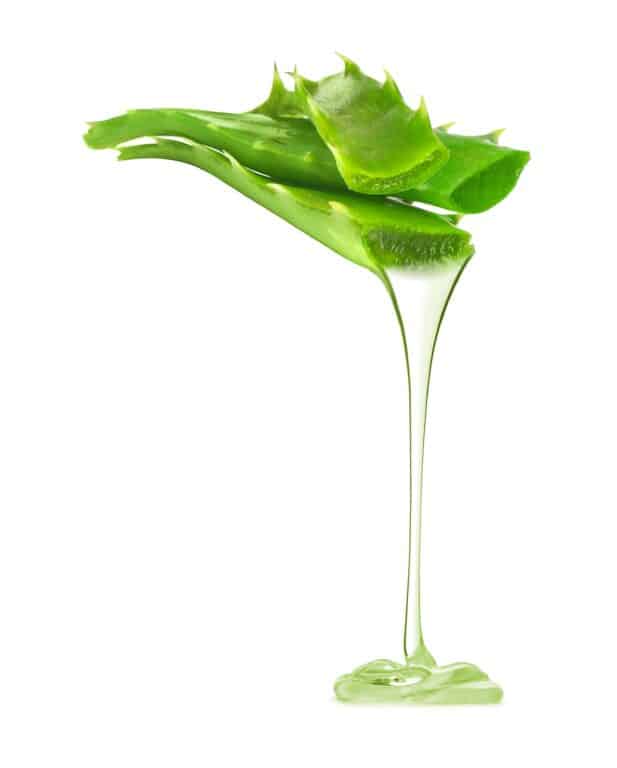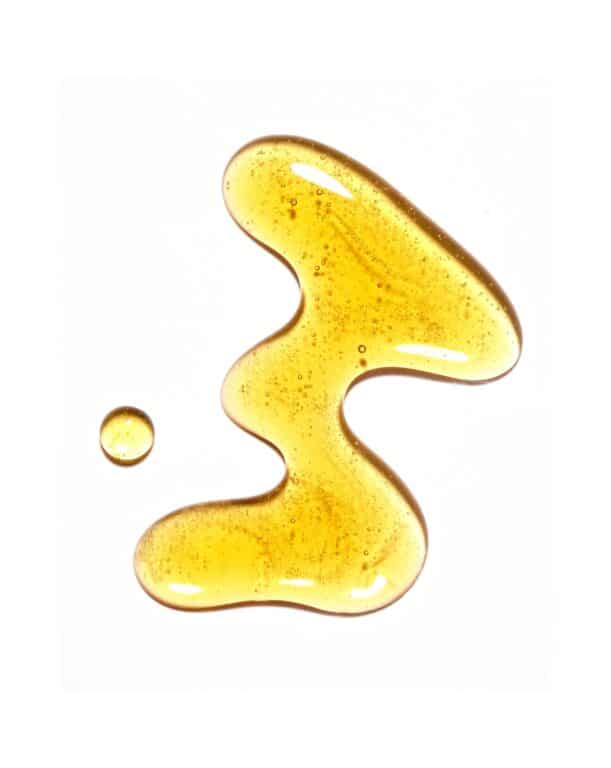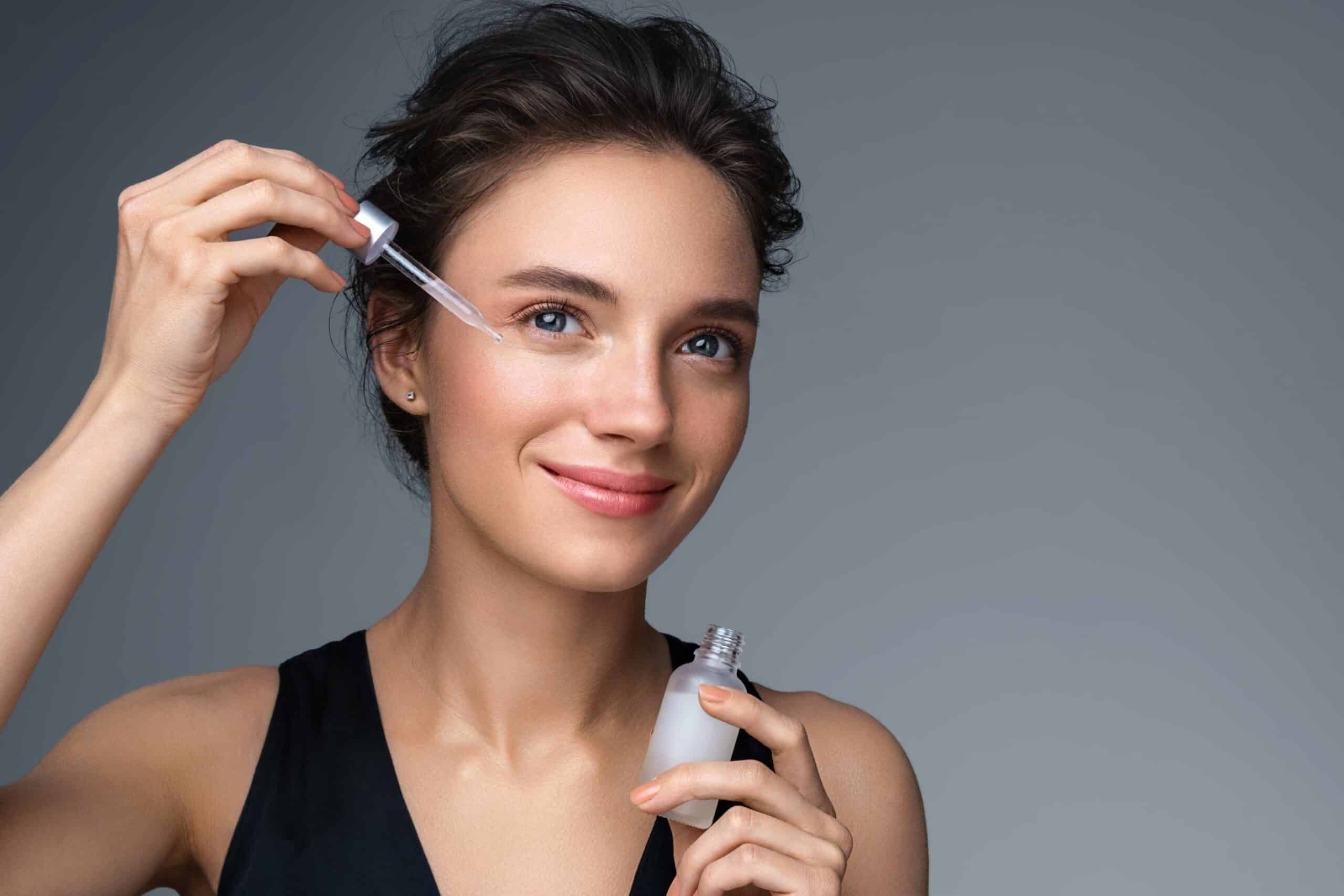During the chillier months of the year, your skin is in a battle with the elements. There is less moisture in the air and indoor heating contributes to lower humidity levels causing skin to dry out and become dehydrated. Also, “sebaceous glands, which produce the skin’s natural oils, like sebum, may become less active during colder months,” says Dr. Kim Nichols, a dermatologist and cosmetic surgeon and founder of NicholsMD of Greenwich in Greenwich, CT. “This reduction in sebum production can contribute to dry skin and make it more susceptible to irritation and cracking.”
If you have more chronic skin conditions like eczema and psoriasis, the cold winds can also cause flare-ups, leading to increased itching, redness and inflammation. And in general, as we spend less time outdoors, there is also reduced exposure to sunlight, “which is essential for the production of vitamin D in the skin, and lower levels of vitamin D can affect overall skin health,” says Dr. Nichols. But it’s not all bad news: There are ways to help—and we’ve got some essential expert-backed cold-weather tips and specific treatments that can help restore your skin’s natural, healthy glow:

Put the moisture back in
“I love ceramide serum for the winter,” says Dr. Joon Lee, CEO and founder of SeeBeyond Beauty in Scarsdale, NY, and Greenwich, CT. “As we age, this ceramide layer decreases, making our skin dry and [causing it to] lose its laxity. Applying ceramide can keep it hydrated and prevent sagging.”
Dr. Nichols also says tried-and-true occlusive products, like petroleum jelly and thick balms, “create a protective barrier on particularly dry and exposed areas, such as lips, hands and cheeks.” For another option, Amanda Pucci, clinical director and aesthetic nurse practitioner at Greenwich Medical Spa, recommends their Hydraglow Hyaluronic acid moisturizer. The treatment is fortified with sodium hyaluronate crosspolymer, an ingredient that she says has 50 times the water-bind- ing capacity of traditional hyaluronic acid. “HydraGlow Moisturizer enhances your skin’s natural barrier function and com- bats dry, crepey skin by its remarkable ability to attract and retain moisture,” Pucci explains.
Supplement your skin
Adding in more natural elements to your cold-weather routine can bolster what nature has taken out. Omega-3 fatty acids, found in fish oil supplements or flaxseed oil, can help maintain skin hydration and reduce inflammation, and replenish dry and sensitive skin, advises Dr. Lee.
Dr. Nichols explains that because we’re exposed to less sun in the winter, a Vitamin D supplement might be helpful. (She advises consulting with a healthcare professional to determine the right dosage.) “Antioxidant supplements like vitamin C and vitamin E can help protect the skin from environmental damage and promote collagen production,” adds Dr. Nichols.


Get practical
Experts say that following best practices for skin care can make a big difference. Using humidifiers to add moisture to the air, pat-drying your skin after washing to lock in moisture, drinking enough water to maintain skin hydration, and not exposing your cheeks and lips when those cold winds blow are just some of the easy ways
you can fortify your skin against the weather. Tempted to luxuriate in a nice, hot bath when the weather outside is frightful? While that may feel great after a day on the slopes, “hot water can strip the skin of its natural oils,” says Dr. Nichols. “Opt for lukewarm water instead.”
Treat yourself to treatments
“Although winter is often the time of year we perform skin resurfacing and laser treatments to remove the damage from the sunny months, it is also a time to change up our skin care routines to focus on deeper hydration as well as antioxidant protection,” says Pucci. She recommends the Greenwich Skin Labs Generator Facial at Greenwich Med Spa, which includes dermaplaning, their dermal infusion “Diamond Glow,” and a “topical application of cell-derived regenerative stem cells called exosomes.” The benefits of the Generator Facial, says Pucci, include hydration and nourishment of the skin, increased collagen production, the reduction of fine lines and wrinkles, and less redness and skin irritation.
Dr. Nichols touts her HydraFacial treatment, which exfoliates, extracts and supplies hydration to the skin, or a hydrating mask containing ingredients like aloe vera or hyaluronic acid, “to give your skin an extra moisture boost.” She also recommends that if you have specific conditions like eczema that get worse during the winter, to consult a dermatologist to prescribe creams or ointments designed to treat your specific skin troubles.



